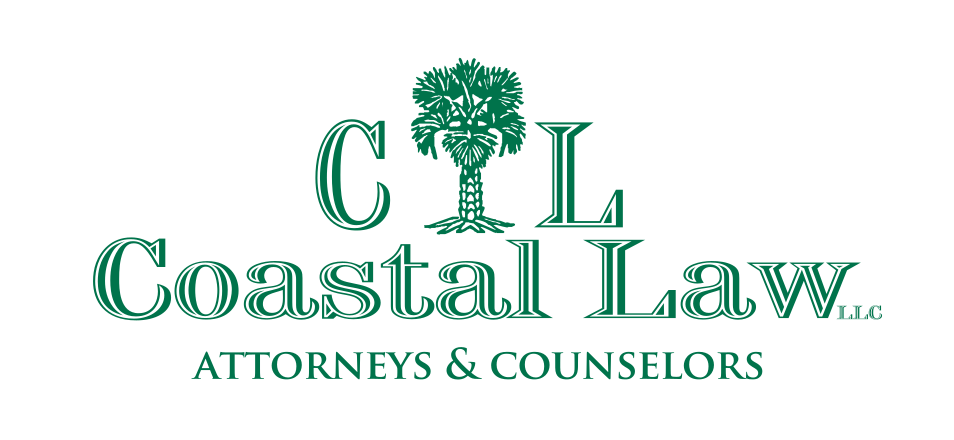Both the federal and state governments have a law called the Freedom of Information Act (FOIA) that allows any citizen to request records related to any government agency or official. Media outlets, attorneys, and ordinary citizens regularly request records under FOIA to obtain information that would not have been publicly available otherwise.
What Information Can I Get with a FOIA Request in SC?
South Carolina’s Freedom of Information Act allows any person to “inspect or copy any public record of a public body.”
A “public body” includes any agency, department, office, committee, branch of government, organization, or corporation that is supported in whole or in part by public funds.
A “Public record” includes “all books, papers, maps, photographs, cards, tapes, recordings, or other documentary materials regardless of physical form or characteristics prepared, owned, used, in the possession of, or retained by a public body.”
The “public body” cannot charge any fees for a FOIA request other than the actual costs of searching for the records and making copies. Common requests that are made under FOIA include:
- Financial records of government bodies or public officials.
- Salaries of public officials or government employees.
- Minutes from meetings of councils, committees, or subcommittees.
- Arrest records and incident reports.
The law also requires that some records be made available immediately without requiring a written request when the person asking shows up in person during business hours:
- Minutes of the meetings of any public body for the previous six months.
- Incident reports for the previous 14 days.
- Documents identifying persons who are confined in a jail or prison for the past three months.
What Information is Not Covered by FOIA in SC?
There are many exceptions to SC’s FOIA law. Information that is exempt from disclosure includes:
- Trade secrets.
- Personal information that would be an unreasonable invasion of privacy.
- Potentially harmful information in law enforcement records like the names of informants, information to be used in an ongoing investigation, investigatory techniques not known outside of government, contents of wire taps, or information that would endanger a person’s life, health, or property.
- Employees who are paid less than 50k a year.
- Documents covered by attorney-client privilege.
- Autopsy photos.
How do I Make a FOIA Request in SC?
Although there are some records that must be provided upon request if you appear in person, most FOIA requests are in the form of a letter. Be specific about what you are requesting. Reference South Carolina’s Freedom of Information Act (S.C. Code § 30-4-10) and provide a reasonable deadline for a response. Although there is no set time limit for the agency to respond, the law requires that they respond within a reasonable amount of time.
Call the agency before sending the letter because:
- Sometimes a phone call can help to narrow the scope of what is being requested and to avoid confusion.
- Some agencies provide a standard form that they require for FOIA requests.
- Most agencies will require a fee to cover their costs, and the fee must be included with the FOIA request.
- You will need to make sure that you are sending your FOIA request to the right person at the right location, and you will be able to identify a contact person in case you need to follow up.
What if They Do Not Respond or Provide the Records?
Follow up with additional correspondence, emails, and phone calls to make sure that your request is narrowly tailored, there is no confusion, and that your repeated requests are documented. Then you may want to consider consulting with an attorney who can help you with enforcing your FOIA request.
S.C. Code § 30-4-100 allows you to file a lawsuit asking for a “declaratory judgment” or “injunctive relief,” which means that, if the Court agrees with you and the material requested is not covered by an exemption, the Court will order them to provide the materials requested.
The lawsuit must be filed within one year, and, if you are successful, the Court may order the government agency to pay your attorney fees and costs associated with the lawsuit. Because of this provision in SC’s FOIA law, most agencies will respond promptly to reasonable FOIA requests.
If you need assistance with making or enforcing a FOIA request, our civil litigation attorneys at Coastal Law, LLC, may be able to help.
Schedule a free consultation to discuss the facts of your case by calling (843) 488-5000 or filling out our online form.

